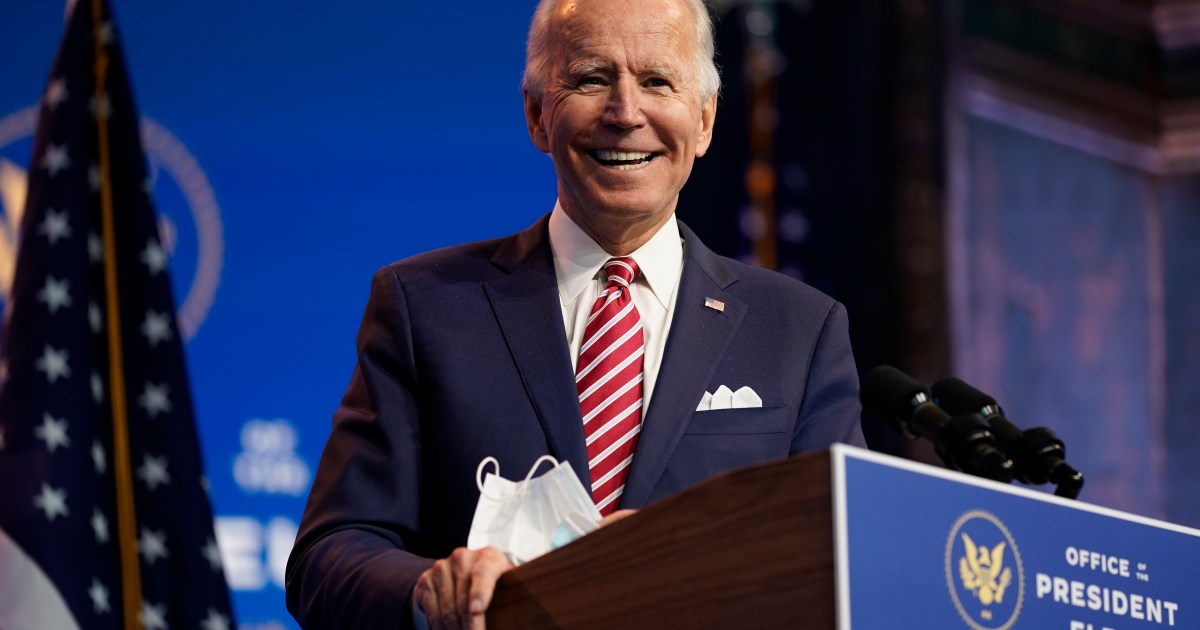Leading With Grit
As the U.S. presidential election goes into full swing following both major conventions, voters will be considering which candidate will serve best as the nation’s leader. This decision is not an easy one, as both Donald Trump and Hillary Clinton have some of the worst favorability ratings in history. Ideally, voters should be thinking about candidates’ character traits, but most will prioritize self-interest and vote based on their pocketbooks.
Media pundits will analyze every insignificant point as if it is… well, significant. But in the face of global terrorism and financial uncertainty, what character trait genuinely sets a successful leader apart? Problems will arise. Trouble will come, and leaders who possess intrinsic drive will have the highest chance of overcoming obstacles and external factors in their environment. This article examines the concept of grit for leaders caught in today’s chaotic world.
Effective leaders have a special quality called “grit,” which refers to a drive to overcome all sorts of hurdles. People define grit in various ways: according to Gostrengths.com, grit is “a personality trait possessed by individuals who demonstrate passion and perseverance toward a goal despite being confronted by significant obstacles and distractions.” Along similar lines, blogger AJ Julian wrote an article on grit in education in which he shared an outstanding acronym: Guts, Resilience, Integrity, Tenacity.
Although the concept may seem elusive, researchers have found ways to explore the utility of grit. Psychologist Angela Duckworth studied the concept of grit and found that gritty individuals outperform peers who demonstrate more intelligence or aptitude. Adam Grant, author of Give and Take, studies the performance of “givers.” Grant notes that givers focuses on the needs of others while takers are more concerned about their own personal needs.
Among character traits of successful givers, Grant explains that grit is a key separator in performance: “Of course, natural talent also matters, but once you have a pool of candidates above the threshold of necessary potential, grit is a major factor that predicts how close they get to achieving their potential.” So, grit is a good quality to have as a leader.
The value of grit is clearest in sports. If we review the life of American track star Jesse Owens, we can gain a better understanding of how grit can make a leader effective. In 1936, Owens won four gold medals at the Berlin Olympic Games, broke the long jump record, and dashed Hitler’s propaganda of superiority.
Some people may conclude that Owens was a one-hit wonder since his success was limited after the games. Born in 1913, the son of a sharecropper and the grandson of slaves, Owens grew up in Alabama, where blacks were treated poorly. At the age of seven, he was lifting 100 pounds of cotton a day to assist his family. That work ethic was expected of him.
As a child, Owens was also plagued with sickness and battled chronic bronchial congestion and pneumonia; however, despite these setbacks, he was a gifted athlete. When his family moved to Ohio, he worked hard to achieve his goals and was noted for his athletic talents in track and broke records throughout junior high and high school.
After graduating from high school, Owens enrolled at The Ohio State University. However, he was denied a scholarship and had to work to put himself through school. As a black athlete, he also continually endured discrimination, including not being allowed to eat with his fellow athletes. He also overcame a severe tailbone injury. In spite of this, Owens’ collegiate career included winning four events at the NCAA Championships, two events at the AAU Championships, and three others at the Olympic trials. Overall, Owens competed in 42 events that year and won them all.
At the 1936 Olympic Games, Adolph Hitler and the Nazis wanted to showcase the Aryan supremacy. In fact, Hitler mocked America for including black athletes on its Olympic roster. Owens dominated the competition, capturing four gold medals (the 100 meter, the long jump, the 200 meter and the 400-meter relay), and breaking two Olympic records along the way. Owens leadership and grit helped the United States win 11 gold medals, six by black athletes. The same type of grit can work today to make leaders more effective.
In nurturing great leaders, the character trait of grit needs to be encouraged in those who have grit and developed in those who don’t. Today, most organizations do not want to spend the money or the time to develop good leaders; as a result, only those who naturally understand the importance of grit and know how to put this trait to use can bring tremendous benefits to their organization.
Yet, strength of character is essential to leadership. Dr. Richard Daft, renowned leadership guru and author of Leadership, identifies the importance of character for leaders. To top that off, megachurch pastor John Ortberg agrees: “Over time, grit is what separates fruitful lives from aimlessness.”
Can you afford to lead your organization into the future without true grit? Businesses are faltering, surrounded by ongoing global threats. Many organizations become conservative and fearful when faced with uncertainty and high risk. This article demonstrated how the characteristic of grit can help leaders overcome the challenges of this chaotic business climate. Like Owens, leaders should have the internal drive to propel them beyond today’s troubles, and grit, not only within leaders, but also within the culture of an organization, can drive sustainable performance. Pray that it’s not too late for grit!
© 2016 by Daryl D. Green



